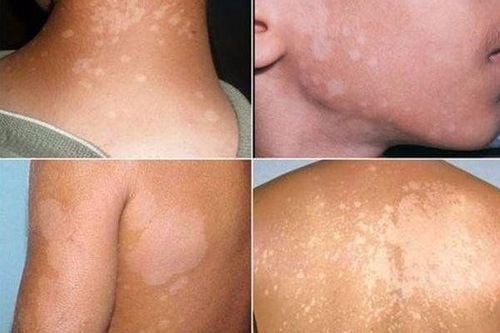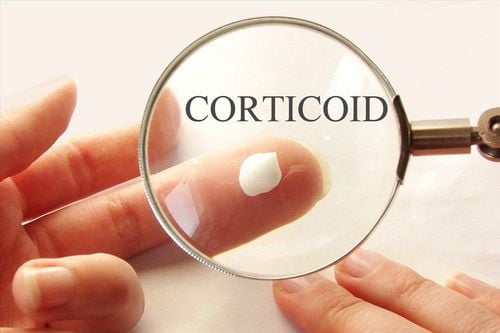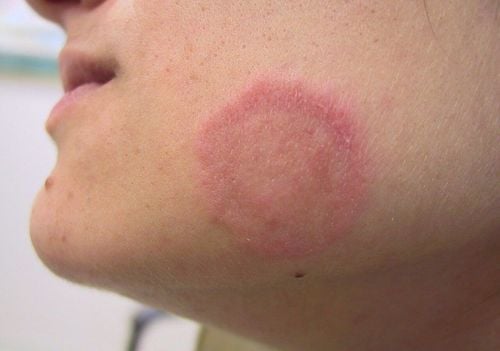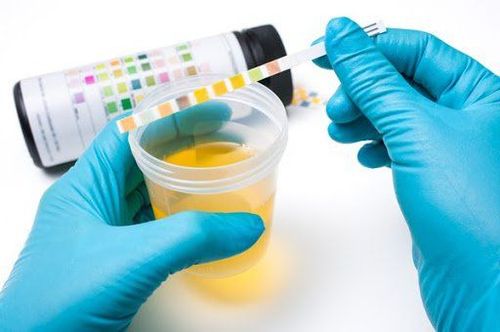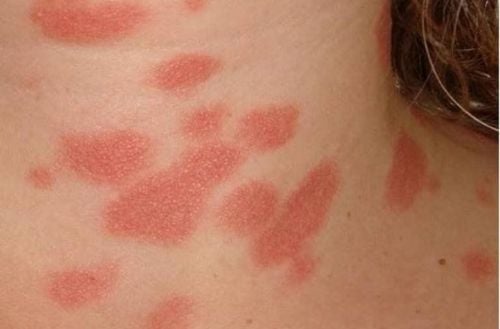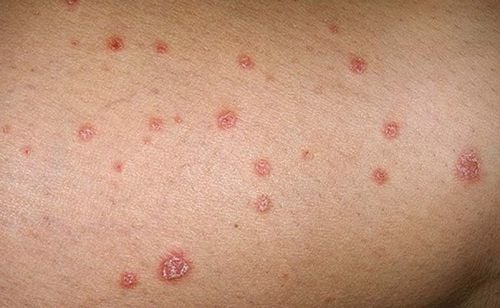This is an automatically translated article.
Psoriasis is a disease that affects the skin and affects other parts of the body. In order to control the disease, it is necessary to maintain continuous monitoring, requiring the patient to follow a treatment regimen to avoid the factors that trigger the disease to become serious.1. Some Features of Psoriasis
Psoriasis is a disorder of the immune system. White blood cells, or T lymphocytes, become overactive and produce excess amounts of cytokines (tumor necrosis factor, interleukin-2, and interferon-gamma). These chemicals will trigger inflammation in the skin and other organs of the body.
Psoriasis tends to come and go unexpectedly. There is no cure for psoriasis completely. But there are certain treatments that can keep it under control and help you avoid serious flare-ups.

Bệnh vảy nến là một rối loạn của hệ thống miễn dịch
2. Some remedies to help treat psoriasis work effectively
As with many autoimmune diseases, finding the right treatment for this disease can take time and trial and error. Even when therapies helped stop the disease once, for some reason, it didn't work in subsequent relapses. Therefore, the patient needs to see a doctor to find out how to improve this condition.
2.1. The patient may need more than one drug to treat
Even if psoriasis is mild, one medication may not be enough to relieve symptoms.
Topical steroid creams are often prescribed for mild to moderate disease, it tends to work better when combined with certain lab-made D creams such as: calcipotriene ( Daivonex) or calcitriol (Vertical), or in combination with a vitamin A-like compound such as tazarotene (Duobric). Or, using light therapy that exposes the skin to UV rays regularly can improve the condition even more when used in combination with vitamin D pills or a prescription retinoid cream.
2.2. Switching treatments
The lotion can be used with moderate and severe psoriasis. However, for better treatment effect, the doctor may recommend choosing a new treatment method - biological method.
These drugs are made with living cells and target the specific site of the immune system where psoriasis is triggered. This method can clean the skin more and results can be seen within a few weeks.
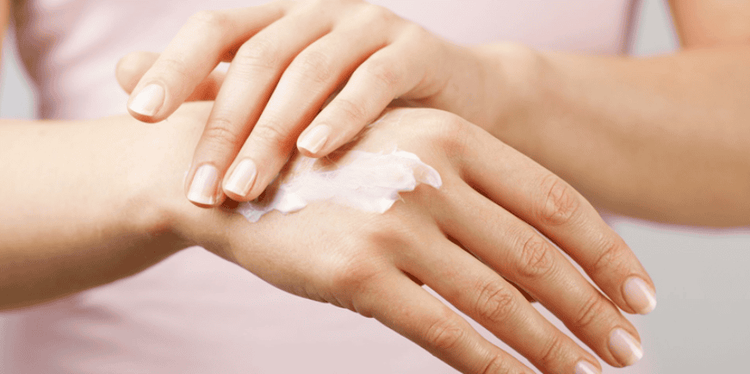
Kem dưỡng da có thể áp dụng với bệnh vảy nến trung bình và nặng
2.3 Compliance with treatment
If you do not adhere to the treatment course, you may experience side effects of the drug. At that time, it is necessary to see a doctor for advice and find ways to improve this situation.
2.4 Build healthy habits
Lifestyle changes like losing weight, being active, eating right, and reducing stress can help control psoriasis. Some studies show that people who are overweight and exercise 3 times a week have great improvements in psoriasis symptoms.
A diet rich in green vegetables, fruits, whole grains, fish, lean protein and legumes can significantly improve psoriasis.
Moreover, it is necessary to limit stress by practicing yoga, meditation or breathing later. Because stress can trigger the immune system to go into overdrive and cause inflammation that makes psoriasis worse.
2.5 Go to the doctor
Some psoriasis medications such as steroid creams and ointments can provide almost immediate relief. Other treatments such as biologics can take weeks or months. Therefore, patients should carefully study the treatment method before performing it by going to the doctor and getting advice from a dermatologist.

Đi khám bác sĩ để được điều trị theo phương pháp hiệu quả nhất
3. Possible Situations When Psoriasis Treatment Stops
When psoriasis treatment is stopped, the person may experience the following:
Remission, and possibly no symptoms of psoriasis. The disease may recur. The disease recurs and the condition becomes worse than before. These may often depend on the drug used when stopping treatment, and the extent to which the causative agent is being managed.
Before stopping treatment for psoriasis, patients should talk to a dermatologist. Because psoriasis is a lifelong disease, it can be difficult to cure psoriasis if you want to stop treatment at a certain point. In some cases the disease recovers, it can still come back to make the disease much more serious such as plaque psoriasis, pustular psoriasis, erythrodermic psoriasis.
At Vinmec International General Hospital, there is a package of examination and advice on treatment of atopic dermatitis for all customers of all ages. Customers are at risk such as allergies, being affected by ambient conditions such as weather, climate, and humidity. There are symptoms such as: There are vesicles concentrated in clusters, red papules raised above the surface of the skin or thick, lichenified, cracked, scaly patches of skin, concentrated in clusters, patches or scattered; Lesions are common in the cheeks, chin, forehead, elbow folds, and popliteals, and may be scattered throughout the body; At the lesion site, there is itchy skin, intense itching, especially at night, there may be bacterial infection at the itch...
When signing up for the package of examination and consultation for treatment of atopic dermatitis, customers will be examined and performed tests including:
Gynecological examination. Perform tests such as: quantification of IgE, fresh mycobacteria, specific IgE for respiratory - food allergens (Panel 1 Viet), test Rida Allergy Screen (panel 1). Details of the service package of examination and consultation for treatment of atopic dermatitis as well as other services at Vinmec, please book an appointment on the website for the best service.
Please dial HOTLINE for more information or register for an appointment HERE. Download MyVinmec app to make appointments faster and to manage your bookings easily.
Article reference source: webmd.com



